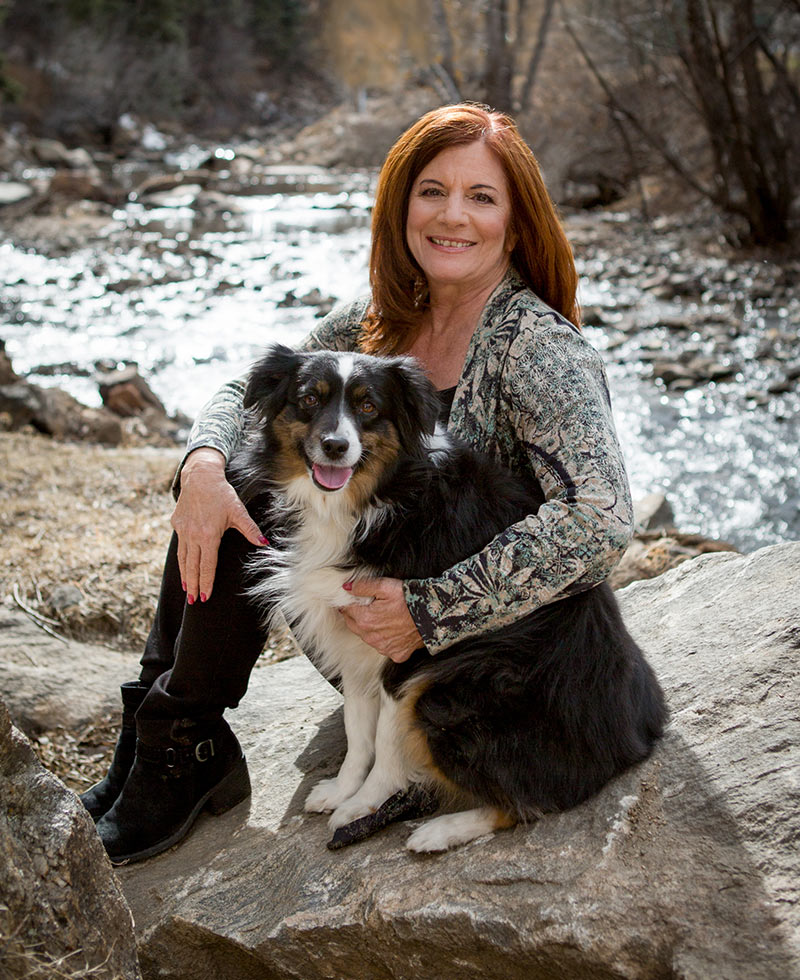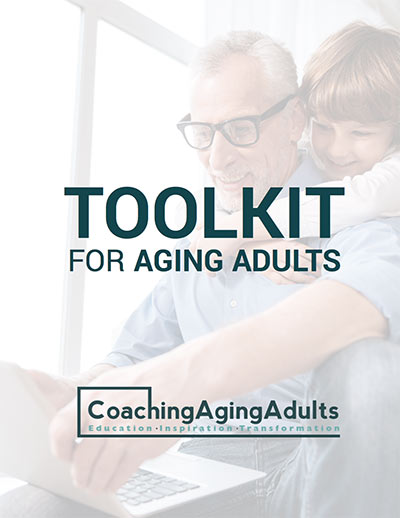Retirement can be a difficult transition for many people. While they may have planned financially for it, they may not have considered the non-financial aspects of retirement such as what to do with their time and how to maintain a sense of purpose and identity.
As a psychotherapist who specializes in working with older adults, I have seen firsthand the struggles that many people face during this transition. In my practice, I work with my clients to help them identify their interests and hobbies, create a routine and structure in their day, and find ways to maintain their physical and mental health. This can include developing an exercise routine, finding new hobbies and activities, and exploring lifelong learning opportunities. The key is to find a balance between leisure and activities that keep the mind and body active. The most important thing is to remember that retirement is not the end, but a new beginning, and with proper planning and support, it can be an enjoyable and fulfilling chapter in life.
Retirement is also about finding a new purpose and identity. For many people, their job and career have been a big part of their lives and when they retire, they may feel lost without it.
One of the first things I do when working with clients is to help them take a look at their life history. We explore their interests, hobbies, and activities they enjoyed in the past. By doing this, we can start to identify patterns and themes that can help us understand what activities and hobbies they may enjoy in retirement.
Another important aspect of the retirement transition is creating a routine. When people retire, they may no longer have a reason to get up in the morning or someone they are reporting to. It’s important to find a sense of structure and purpose in their day. This can include developing an exercise routine, setting goals, and finding activities that they enjoy.
In addition to finding activities and hobbies, it’s important to consider physical health. Regular exercise is important for maintaining physical health and preventing chronic diseases. For some people, this may mean joining a gym or signing up for a fitness class. For others, it may mean going for a walk or playing a sport. It’s important to find an activity that is enjoyable and that can be incorporated into their routine.
Mental health is also an important aspect of the retirement transition. One way to keep the brain active is through lifelong learning. This can include taking classes, reading, or learning a new skill. For some people, this may mean going back to school or taking a class at a local community college. For others, it may mean finding a hobby or interest that they can explore in depth.
It’s also important to consider social connections and relationships. Many people find that their social connections and relationships change when they retire. They may no longer see their coworkers on a regular basis and may have difficulty making new friends. This is why it’s important to find activities and hobbies that involve social interaction. This can include joining a club or group, volunteering, or participating in community events.
Finally, it’s important to remember that the transition to retirement is not always easy. It’s normal to feel a sense of loss and grief when leaving a job or career that has been a big part of one’s life. It’s also normal to feel a sense of uncertainty about what the future holds. This is why it’s important to find support and resources to help with the transition. This can include talking to a therapist or counselor, joining a support group, or talking to a financial advisor.



